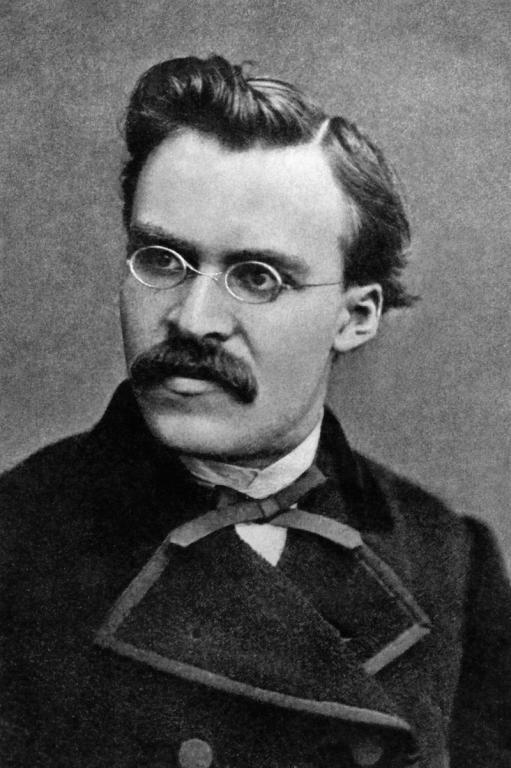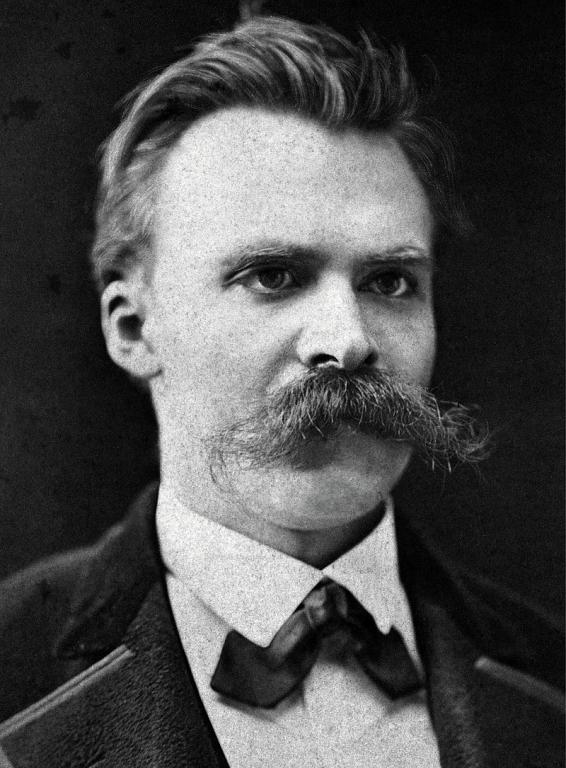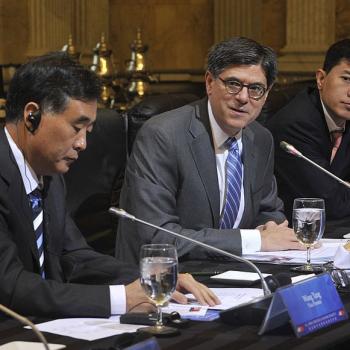In recent months, among conservative and religious participants in the same-sex marriage debate, an idea that has been thrown around with increasing frequency is that civil and religious marriage should be separated. The proponents of this idea think that it would be good from the perspective of traditional marriage if pastors and priests voluntarily ceded their authority as wards of the state and instead sought to marry couples in a religious capacity only. Then, the idea goes, the pastors and priests could tell the marrying couple to go and receive a second marriage, a civil marriage, at the hands of a state official (i.e. like a judge). Or, barring this, the pastors and priests could proclaim the couple married sans the tax advantages.
The advantage of this proposal, it is argued, is that it would preserve the consciences of clergy members from having to officiate over an institution (i.e. civil marriage) whose definition is contrary to the historic testimony of their faiths. By ceding their authority as wards of the state the pastors and priests would be telling the state in no uncertain terms that they disagree with the definition of marriage that the state is seeking to impose. And they would also be making it clear to the couples who they marry that a religious marriage is something special, something to be preserved and protected, and above all something to be treasured in its historic sense.
Now as a conservative on the same-sex marriage debate I have not yet decided what I think of this civil-religious separation proposal. Its advantages are substantial and I think that it would do a lot to protect pastors and priests from infringements on religious liberty. But I do want to make one quick observation about what would probably happen, practically speaking, if conservative pastors and priests were to embrace this separation proposal. Suppose that a particular pastor told a couple in his care, after marrying them, that they should then go and proceed through a second marriage ceremony with a civil magistrate. Suppose also that they, being conscientious like him about not wanting to participate in a social institution that has been corrupted from its original meaning, then choose not to go and participate in the second, civil ceremony.
One thing that would probably happen is that many non-conservative and non-religious people in the society – perhaps large numbers of people – would cease to think of such a couple as being legitimately married. This is because there are large numbers of people today in western culture who have come by social osmosis to think of marriage as being wholly a civil institution. I remember reading an article about a Muslim man in the news recently. The journalist referred to him and to his relationship with his girlfriend. It turned out, though, once I read further into the article, that the couple had been married in a religious (i.e. non-civil) marriage ceremony some years earlier. The reporter didn’t seem to understand how it could be possible for a couple to count as ‘married’ if they were wedded in a ceremony that was of a religious nature only! My suspicion is that the reporter’s viewpoint is widely shared today in the culture. So if the civil-religious separation position were to be embraced by religious conservatives then the marriages of those religious conservatives who did not want to participate in a corrupted form of civil marriage would come to be classified by a majority in the culture as being merely boyfriend-girlfriend relationships. Since a marriage is in large part what it is by virtue of its community recognition, this seems like it would be a problematic consequence from the separationist point of view.












